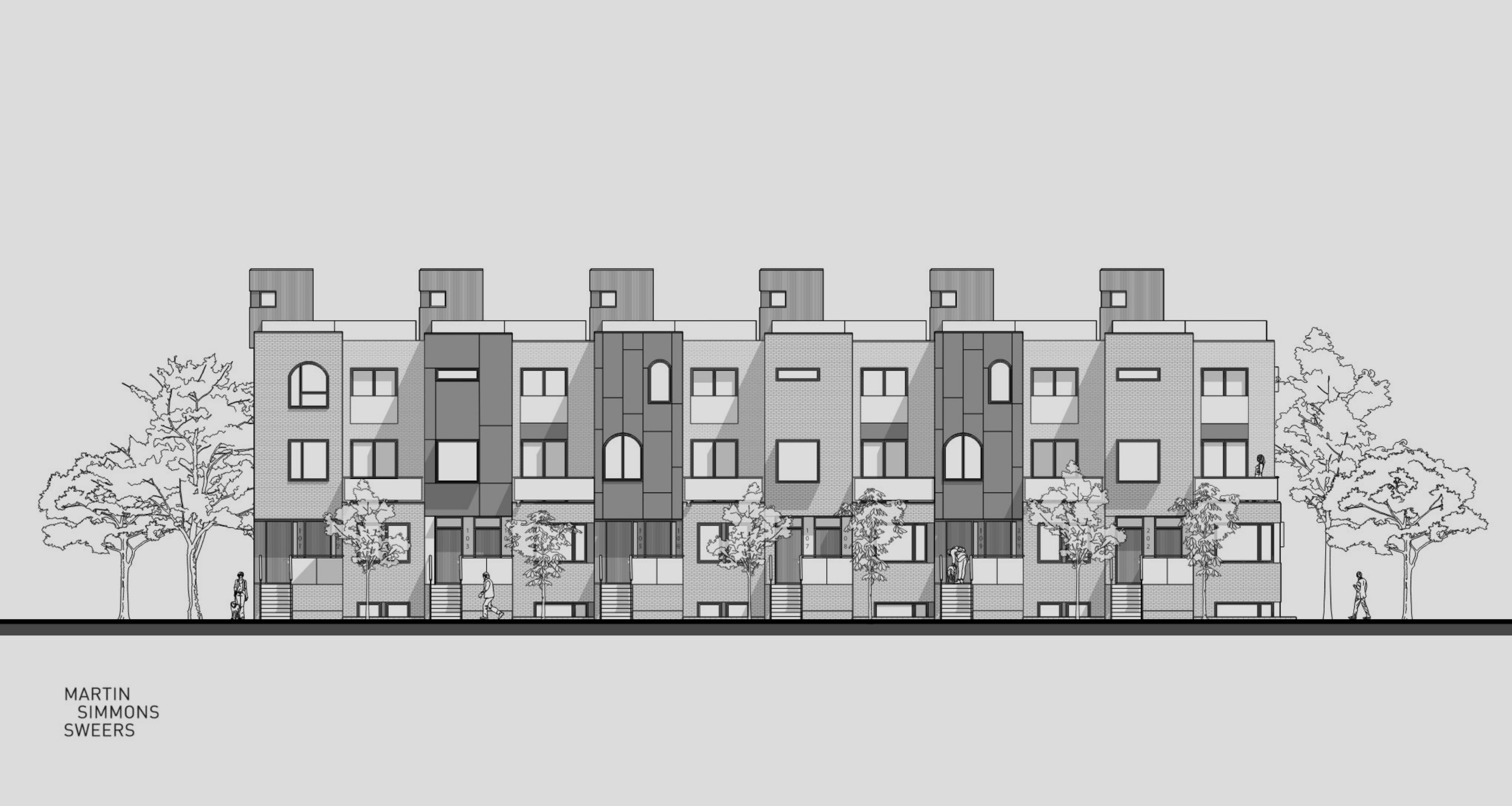
The Essence of Good Architectural Design
Good design transcends mere functionality, combining form, purpose, and impact.
Good design transcends mere functionality, combining form, purpose, and impact. As Jason Sweers, Partner at Martin Simmons Sweers (MSS), succinctly states, "If we can harmonize functionality, appearance, and sustainability while meeting user needs and enhancing well-being, then we have all the elements of what we consider good design."
At its core, good architectural design begins with functionality. Jason emphasizes that architects prioritize thoughtful spatial planning and resource efficiency to ensure that buildings serve their purpose seamlessly. This includes the integration of advanced technology to enhance usability and ensure that spaces are adaptable to their intended functions. Achieving spatial quality requires a careful balance of user needs and site context, with each design acting as a bespoke solution. "It’s an iterative process," Jason explains. "Every project begins by listening to the owners and translating their vision into a reality that both inspires and functions effortlessly."
This holistic approach ensures that each design not only meets functional requirements but also elevates the human experience, creating spaces that resonate emotionally while standing as exemplars of sustainability and innovation.
Balancing Aesthetics
Aesthetics are just as crucial as functionality in architectural design, shaping spaces that evoke emotion and inspire those who inhabit them. By skillfully balancing form, proportion, materials, and colours, architects craft environments that resonate deeply with users, transforming buildings into living works of art. This pursuit of visual harmony ensures that structures are not merely shelters but integral parts of the urban fabric that enrich and elevate the human experience. A prime example is the Google office in Kitchener, where MSS masterfully combines striking form with innovative design, creating a landmark that captivates and inspires. The building serves its practical purpose and stands as an iconic symbol of creativity and forward-thinking design.
Jason emphasizes the critical role sustainability plays in contemporary design: "Innovation drives sustainability and good design by introducing new solutions and improving existing practices." In a time where environmental challenges are front and centre, architects are pioneering sustainable approaches by selecting materials like cross-laminate d timber (CLT) and embracing renewable energy technologies, such as solar and geothermal systems. These innovations significantly reduce a building’s carbon footprint by optimizing energy efficiency, lowering operational emissions, and enhancing resource conservation. Beyond aesthetics, architects integrate smart systems and energy-efficient designs to minimize energy consumption and water use, creating buildings that not only reduce environmental impact but also foster occupant well-being. This holistic approach ensures that structures are visually compelling, energy-efficient, and fully aligned with the principles of environmental stewardship.

User-Centric Philosophy
"The hallmark of good architecture is its user-centricity," emphasizes Jason, underscoring the pivotal role of understanding client needs. Skilled architects actively listen and engage in thoughtful dialogue to grasp the cultural backgrounds, aspirations, and unique goals of their clients, all while promoting environmental stewardship, resource efficiency, and occupant well-being. This empathetic approach ensures that every space is designed to enhance productivity, connectivity, and overall happiness, ultimately elevating the human experience.
The Manulife Head Office exemplifies this philosophy, where form and function merge beautifully to create workspaces that connect seamlessly with the natural environment. "Good design pushes boundaries and explores new possibilities," Jason asserts. "People are central to the process of good design. We integrate cultural identities with contemporary technologies, respecting architectural traditions while embracing modern trends." This contextual sensitivity ensures that designs honour their surroundings and resonate deeply with users, bridging the past with the future.
A shining example of this approach is the Gaslight District in Cambridge, a project that has become a cherished landmark and vibrant social hub within a historic setting. It reflects MSS’s vision of thoughtful design that not only meets functional needs but also carries profound cultural and social significance. Through this project, MSS has demonstrated how architecture can embody the essence of community and heritage while remaining innovative and forward-thinking.

Navigating Challenges Through Collaboration
"Design is fascinating because, even within our own structure at MSS, there are often competing ideas about what defines good design," says Jason. "It’s a constant balancing act." Architects must navigate a complex landscape of budget constraints, regulatory demands, and client expectations through clear communication, creative problem-solving, and, most importantly, collaboration. "Listening is an essential skill for any architect. We need to approach our clients’ needs with humility, hearing not only what they express but also understanding the subtleties of what they do not want," Jason explains. This ability to listen deeply is key to aligning diverse perspectives into a cohesive and innovative vision.
Strong partnerships with engineers, stakeholders, and communities are fundamental to MSS’s process, ensuring that every project reflects a balance between creativity and practical constraints. "Design with purpose, build with integrity" serves as the guiding principle at MSS, from the earliest concepts through to construction. Each decision is made with a long-term vision, creating architecture that is meaningful, sustainable, and enduring. MSS is committed to leaving a lasting positive legacy, shaping spaces that not only meet present needs but continue to inspire and endure for generations to come.
Interested in learning more about how good design expertise can elevate your next project? Discover why our clients choose us as their trusted design partner.




